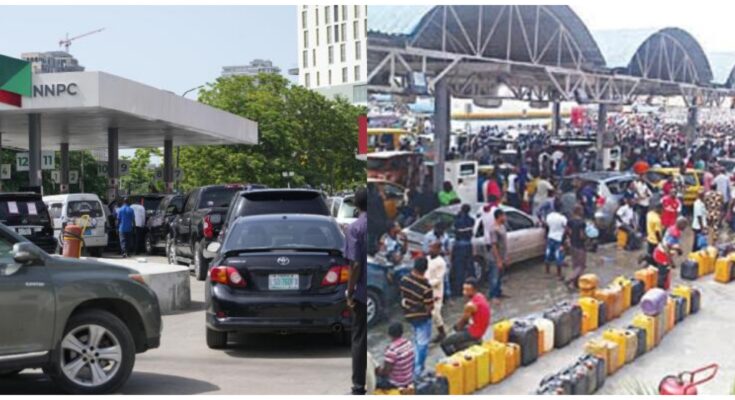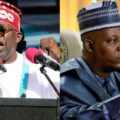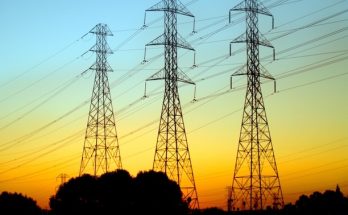As Nigeria faces the challenge of fuel subsidy removal, both the government and citizens can play essential roles in alleviating its impact on the nation. While the government must implement strategic measures, Nigerian citizens can also take individual and collective actions to navigate the transition smoothly. This article explores practical steps that both parties can take to ensure a sustainable and prosperous future amid the subsidy removal.
Government Initiatives
1. Transparent Communication: The government should maintain clear and transparent communication with citizens about the reasons for the subsidy removal and the long-term benefits it aims to achieve. This will foster understanding and support from the public during this critical period of transition.
2. Targeted Social Welfare Programs: To protect vulnerable groups from the immediate impact of the subsidy removal, the government can establish targeted social welfare programs that provide financial assistance to low-income households, ensuring they have access to essential services and commodities.
3. Investment in Infrastructure: Channeling the funds previously used for subsidies into infrastructure projects, such as road development, healthcare facilities, and educational institutions, will boost economic growth and create job opportunities for citizens.
4. Diversify Revenue Sources: Reducing dependency on oil revenue and diversifying the economy will make Nigeria more resilient to fluctuations in global oil prices. Encouraging investments in sectors like agriculture, technology, and manufacturing can lead to a more robust and sustainable economy.
5. Promote Renewable Energy: The government should incentivize the adoption of renewable energy sources to reduce reliance on imported petroleum products and mitigate the impact of global market fluctuations on fuel prices.
Actions for Nigerian Citizens
1. Embrace Energy Efficiency: Nigerian citizens can take proactive steps to conserve energy and reduce fuel consumption. Simple practices like turning off lights and appliances when not in use, using energy-efficient vehicles, and maintaining their vehicles regularly can make a significant difference.
2. Utilize Public Transportation: Opting for public transportation whenever possible can help citizens save on fuel expenses. By supporting and using public transit systems, individuals can contribute to easing traffic congestion and reducing overall fuel consumption.
3. Carpool and Ride-Share: Carpooling and ride-sharing initiatives should be actively encouraged among friends, colleagues, and neighbors. Sharing rides not only reduces fuel costs but also fosters a sense of community and cooperation.
4. Support Local Products: Citizens can contribute to the growth of local industries by patronizing products made in Nigeria. This can reduce reliance on imported goods and contribute to economic development within the country.
5. Advocate for Transparency and Accountability: Nigerian citizens have the power to demand transparency and accountability from their elected officials. Engaging in peaceful advocacy and participating in the democratic process can influence policies that benefit the nation as a whole.
Conclusion
The removal of the fuel subsidy presents both challenges and opportunities for Nigeria. By implementing strategic measures and investing in critical sectors, the government can steer the nation toward economic growth and development. Simultaneously, citizens can play an active role by embracing energy efficiency, supporting local initiatives, and advocating for accountability in governance. A collective effort between the government and the people is essential to successfully navigate this transition and build a brighter future for Nigeria.








